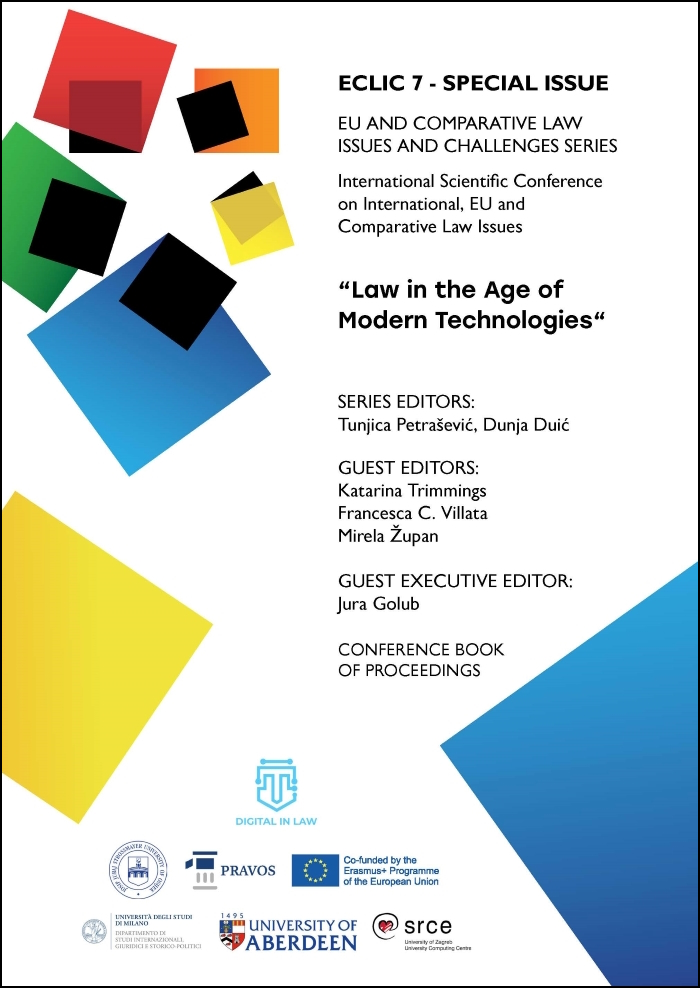DIGITAL EVIDENCE IN INTERNATIONAL CRIMINAL PROCEEDINGS AND HUMAN RIGHTS CHALLENGES
DOI:
https://doi.org/10.25234/eclic/28255Abstract
Digital technologies offer great opportunities in every field of life, including in criminal proceedings, where gathering evidence using digital or computer devices is an important contribution to the investigation of crimes, especially at the international level. Digital evidence is particularly important in the prosecution of international crimes due both to their complexity and to its ability to overcome hurdles that international judges must overcome when factfinding relates to conduct that occurred far from the seat of the court. While the of digital evidence is increasing, however, questions have arisen concerning both its admissibility and of its reliability, as the jurisprudence of the International Criminal Court (ICC) and other international criminal tribunals makes clear. The use of digital evidence may also raise concerns for the respect of due process standards and the right to private life. In the absence of specific international legal rules that deal with the matter, the purpose of this contribution is to identify the most pressing issues through an examination of the case law of international tribunals and to infer potential solutions and best practices to consider in developing international human rights based procedural standards.
Downloads
Published
How to Cite
Issue
Section
License
Copyright (c) 2023 Chiara Ragni

This work is licensed under a Creative Commons Attribution-NonCommercial 4.0 International License.
Authors retain the copyright on the papers published in the Journal, but grant the right of first publication to the Journal. Papers accepted for publication or already published in ECLIC of the Faculty of Law in Osijek may be published by the author(s) in other publications only with proper notice of its previous publication in ECLIC.


